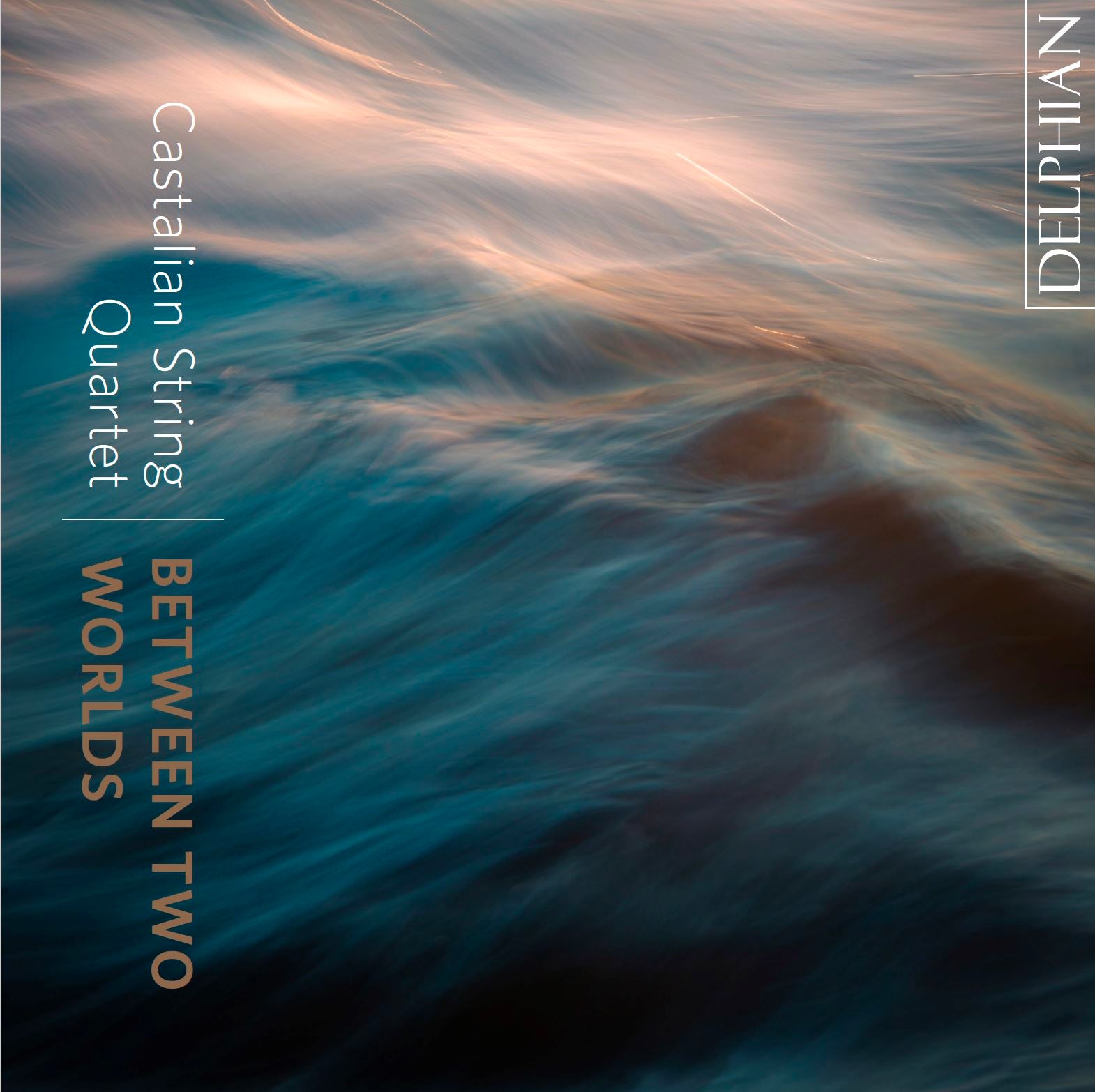Your Cart is Empty
DCD34272-CD
£15.99
RECORDINGS OF THE YEAR 2022

PREVIEW
Beethoven:String Quartet No. 15 in A minor
Collections: All Releases, Chamber, Early Music, Editor's Choices
Category: beethoven, Castalian String Quartet, Chamber, Classical, Early Music, Editor's Choices, YCAT
Kate Wakeling reviews Castalian String Quartet's phenominal Between Two Worlds, chosen as BBC Music Magazine's Album of the Month in June 2022
image foxbrush.co.uk
This outstanding disc offers listeners a true philosophical journey. Perceptively programmed, Between Two Worlds explores the mystic properties of time through a series of intricately connected works, each performed with rare beauty and originality by a quartet working at the height of its powers.
The disc opens with a mesmerising, near-whispered performance of Lassus’s ‘La nuit froide et sombre’ (arranged by the quartet’s own first violinist Sini Simonen) which charts the cycle of night and day as a mirror of the human propensity to oscillate between hope and despair. From here, we move to Beethoven’s String Quartet No. 15 in A minor, Op. 132, a piece which travels ‘from the terrestrial to the celestial and back’. This work, the second of Beethoven’s five late quartets, was composed in the summer of 1825, just two years before the composer’s death. By now, Beethoven’s hearing loss was profound and he was intermittently stricken with a horribly painful intestinal problem. The score reflects it all with heartrending intensity, in the words of Simonen ‘moving from the anguished to the heavenly before crashing back to earthly suffering’.
The Castalian Quartet is intimately alive to every shift of colour and mood in this extraordinary score and succeeds in conjuring the sense of both deep contemplation and vivid spontaneity. The quartet is especially daring with timbre, sometimes stripping back the sound to viol-like clarity while also being unafraid to dig in with a refreshing rawness when the score so demands. The quartet’s rendering of the work’s monumental third movement – subtitled Heiliger Dankgesang eines Genesenen an die Gottheit, in der lydischen Tonart (Song of Thanksgiving from a Convalescent to the Divinity, in the Lydian mode) – is nothing short of a revelation in its lucidity of line and sheer beauty of sound...
Kate Wakeling
This article originally appeared in the June 2022 issue of BBC Music Magazine
Part of the YCAT series on Delphian
This partnership between Delphian Records and YCAT offers rare new recording opportunities for the most promising young artists, combining YCAT’s mission of developing careers at a world-class level with Delphian’s twenty-year-long reputation for bold, considered programming. The partnership will give the artists a unique experience – from initial concept planning, recording and editing to the final packaged and digital product – and will enhance Delphian and YCAT’s commitments to nurturing artists’ artistic development and long-term careers.
Read more about the partnership and discover the range of releases here